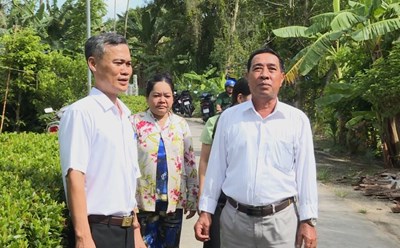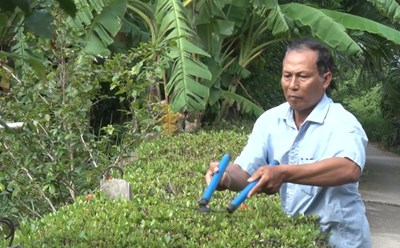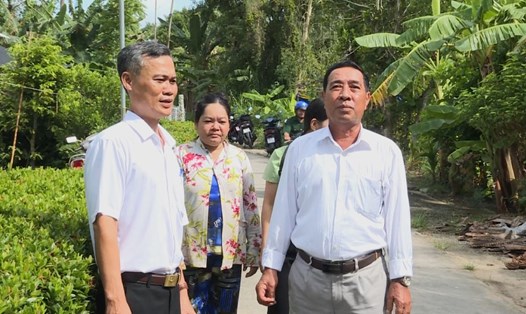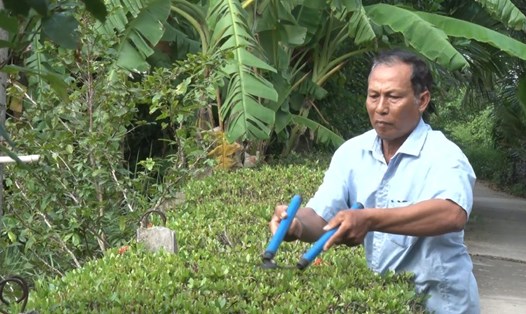For the Khmer people in the South, pentatonic music is considered a valuable asset that has been ingrained in their subconscious for generations. Pentatonic music is often performed during festivals and is considered the soul of the unique cultural life of the Khmer people.
To contribute to preserving and developing this traditional art, some artisans knowledgeable about musical instruments have coordinated with pagodas, localities with a large Khmer ethnic population, and ethnic boarding schools in the province to organize free teaching classes.
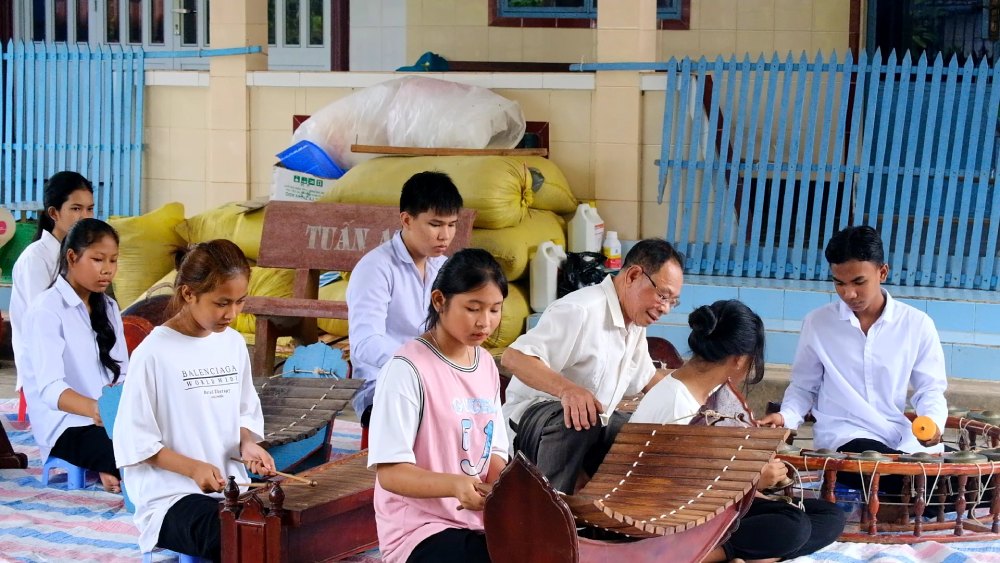
Notable among them is Mr. Danh Trung Hieu, residing in Ban Tan Dinh commune, Giong Rieng district. Inheriting his passion for pentatonic music from his grandfather, father and uncle, at the age of 14, Mr. Hieu learned and mastered traditional pentatonic musical instruments.
Mr. Hieu believes that preserving and promoting pentatonic music, in addition to using it proficiently himself, must also be passed on to younger generations to continue.
Mr. Hieu shared: "My family has taught this musical instrument for four generations, and I also want to preserve and pass it on to my children and grandchildren because this is the traditional music of the Khmer people."
For nearly 45 years, Mr. Hieu has opened over 10 classes teaching pentatonic music to local youth, many of whom have become musicians in pentatonic music groups in villages and hamlets.
Mr. Hieu said that the pentatonic orchestra consists of 5 syllables blended together, with 9 instruments. During the teaching process, he also created more melodies, taught how to play lyrics with themes praising the Party, Uncle Ho and many other genres.
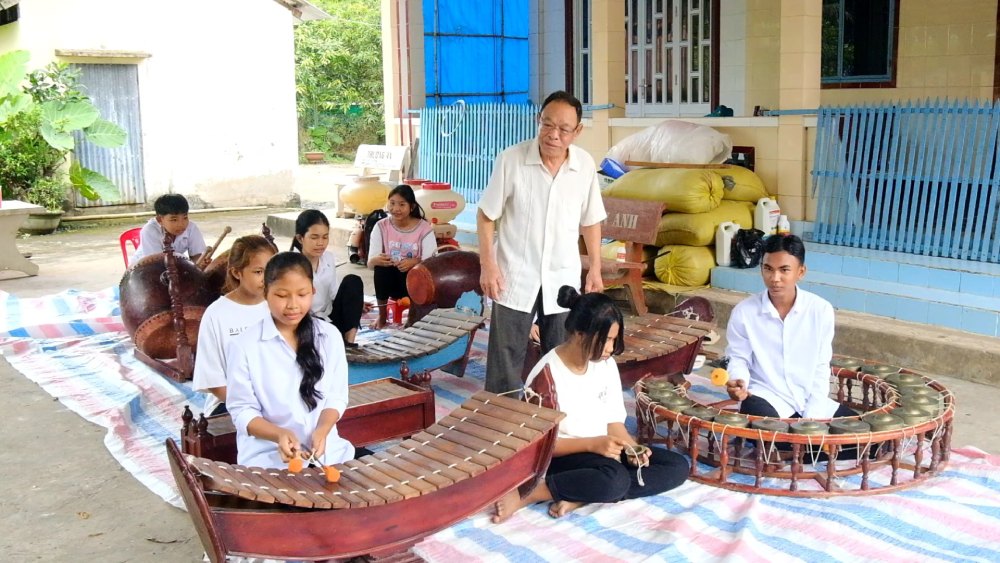
Thi My Hien, a pentatonic music student, said she has been learning this musical instrument since she was 8 years old. Up to now, Hien has mastered all types of music in pentatonic music.
“I like and want to learn Khmer musical instruments, especially the pentatonic scale. I also hope to contribute to preserving and developing this traditional culture,” Hien confided.
Nowadays, the pentatonic orchestra is not only used on major holidays of the Khmer people, but also performed in important events and festivals due to practical needs of life.
Mr. Hieu said that teaching musical instruments is not difficult, but because this type of instrument does not have notes yet, when teaching, the teacher has to hold the hand and play from left to right a few times for the children to remember that part before teaching the next part.
“Students must have passion to learn. Currently, four students I trained have become teachers of pentatonic music, continuing to teach the next generation. That is a great joy for me,” Mr. Hieu confided.
Up to now, although he is 80 years old, the artist who is devoted to pentatonic music is still very enthusiastic, devoting all his heart to teaching the younger generation to preserve, conserve and promote the unique cultural values of the nation. It is the enthusiasm of people like Mr. Hieu that has contributed to the development of traditional culture in modern life.


